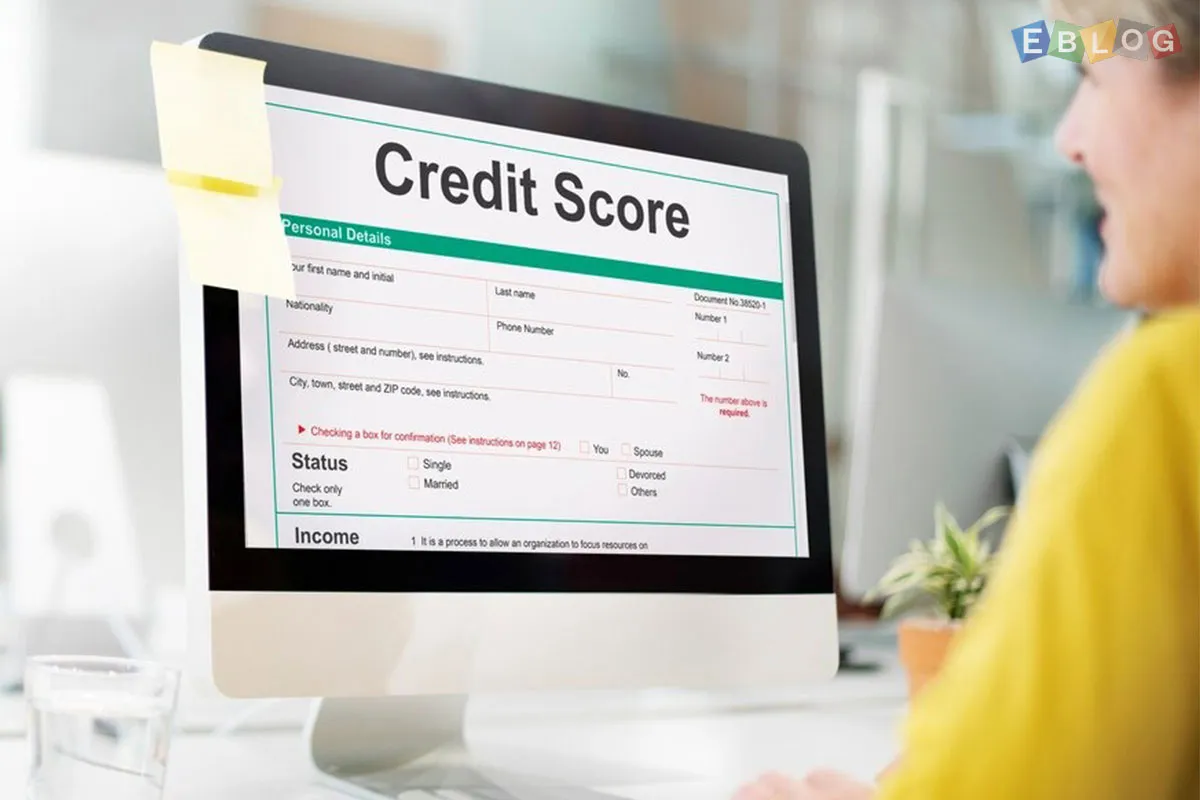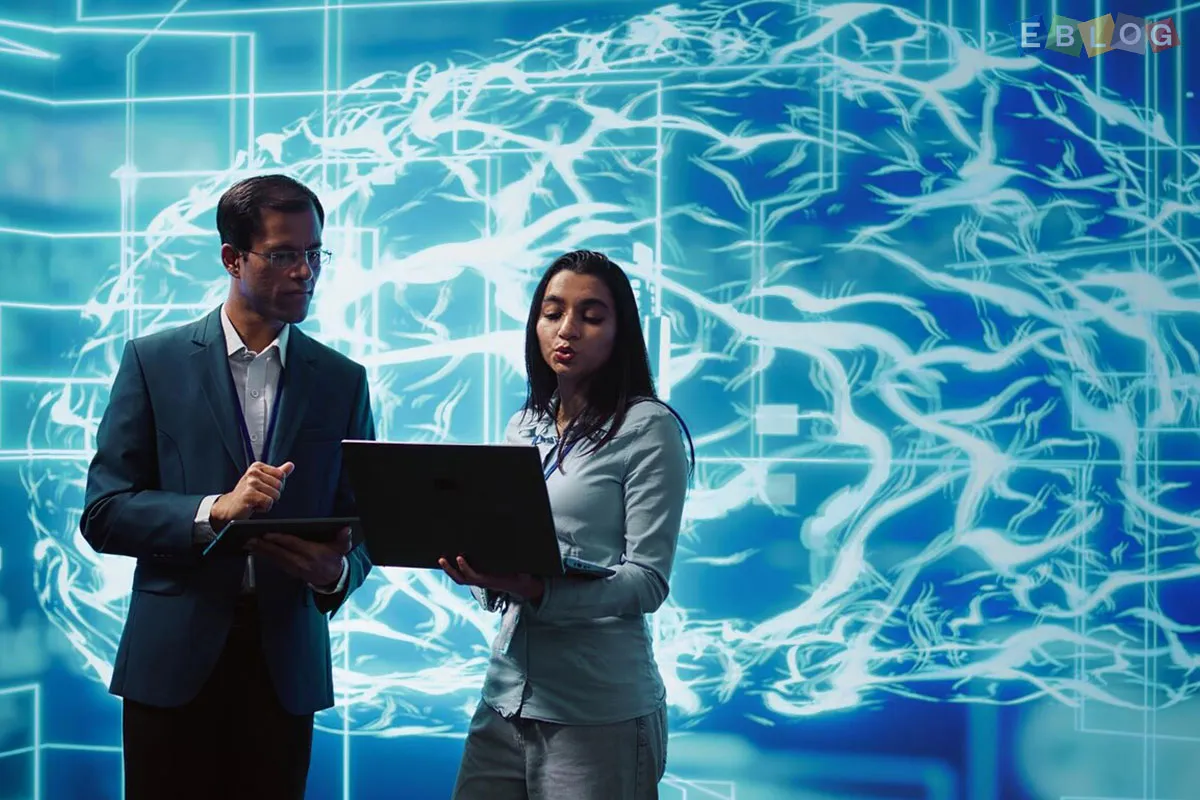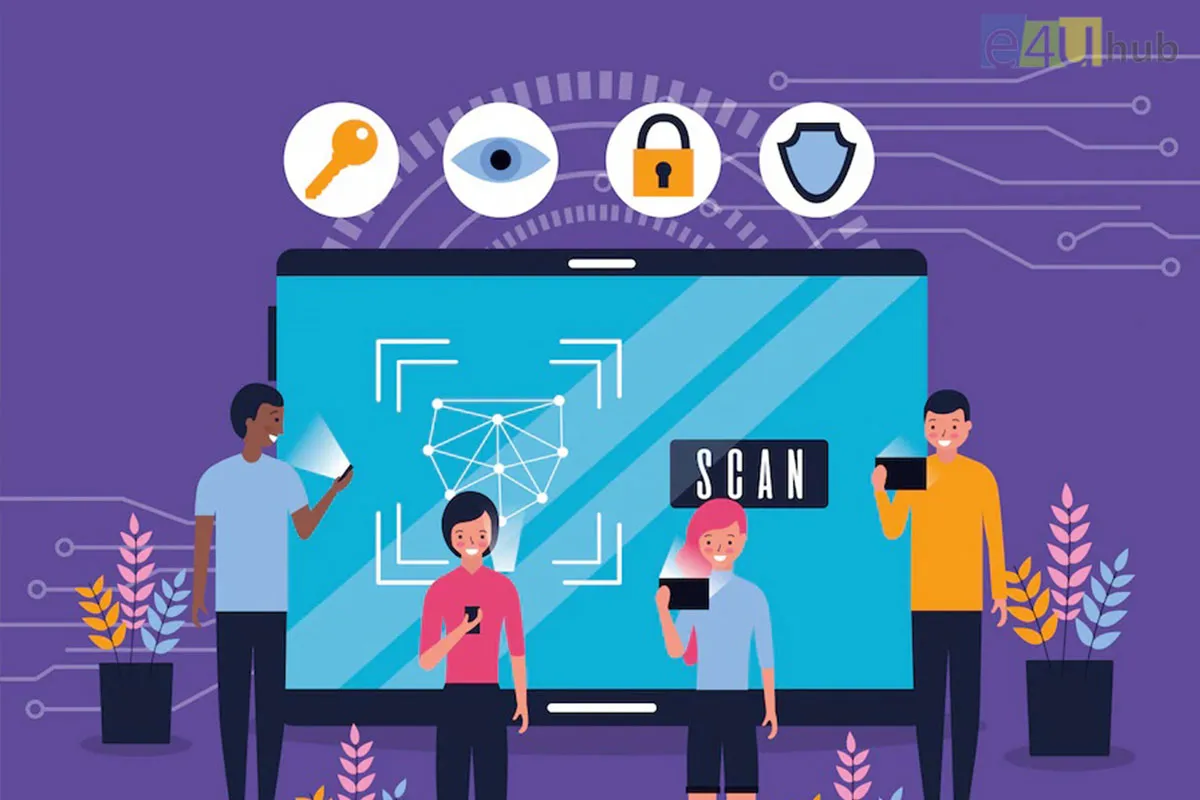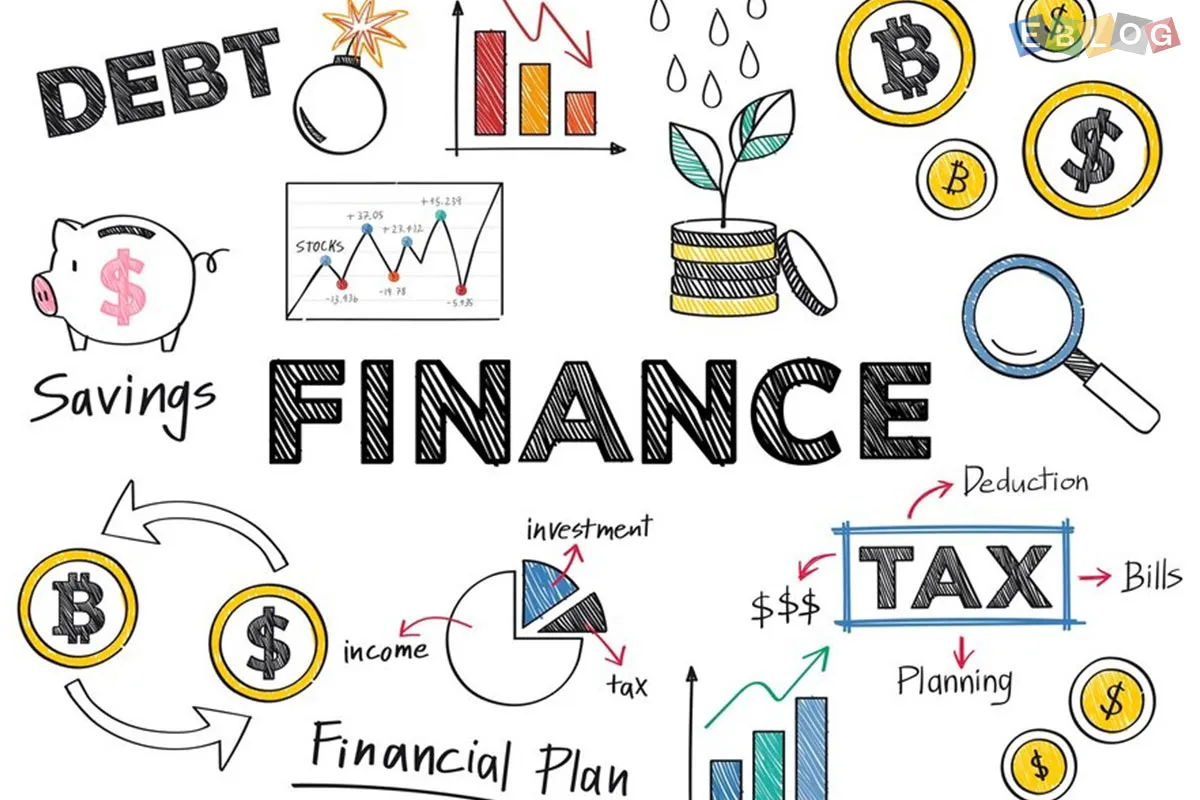
Self Learning And Its Importance In This Era
- 15 Feb, 2024
- Education
- 769 Views
- 0 Comments
In today's rapidly evolving world, the ability to learn independently and continuously adapt to new challenges is more critical than ever. Self-learning, also known as self-directed learning or autodidacticism, empowers individuals to take control of their own education, pursue personal interests, and acquire new skills outside of traditional classroom settings. In this blog post, we'll explore the concept of self-learning and discuss its importance in the digital age, highlighting the benefits it offers and the opportunities it unlocks for personal and professional growth.
A. Understanding Self-Learning:
Self-learning refers to the process of acquiring knowledge, skills, and competencies through self-directed study, exploration, and experimentation. Unlike formal education, which typically follows a structured curriculum and is guided by instructors, self-learning is driven by intrinsic motivation, curiosity, and a desire for lifelong learning. It encompasses a wide range of activities, including reading books, watching tutorials, taking online courses, participating in workshops, and engaging in hands-on projects.
B. Importance of Self-Learning in the Digital Age:
1. Flexibility and Accessibility:
Self-learning offers unparalleled flexibility and accessibility, allowing individuals to learn anytime, anywhere, and at their own pace. With the proliferation of digital resources and online learning platforms, learners have access to a wealth of educational content spanning diverse subjects and disciplines, making learning more convenient and accessible than ever before.
2. Lifelong Learning:
In today's rapidly changing world, the skills and knowledge acquired through formal education are often insufficient to meet the demands of the future workforce. Self-learning enables individuals to embrace lifelong learning as a continuous journey of personal and professional development, enabling them to adapt to new technologies, industries, and job roles throughout their lives.
3. Empowerment and Ownership:
Self-learning empowers individuals to take ownership of their own education and pursue learning opportunities that align with their interests, passions, and career goals. By taking control of their learning journey, individuals develop autonomy, self-reliance, and a sense of agency, fostering a lifelong love of learning and intellectual curiosity.
4. Skill Development and Career Advancement:
Self-learning provides individuals with the opportunity to acquire new skills, enhance existing competencies, and stay ahead of the curve in today's competitive job market. Whether seeking to transition to a new career, advance within their current field, or explore entrepreneurial ventures, self-learning equips individuals with the knowledge and skills needed to succeed in their chosen path.
5. Innovation and Creativity:
Self-learning fosters a spirit of innovation and creativity by encouraging individuals to explore new ideas, experiment with different approaches, and think outside the box. By embracing curiosity and embracing failure as a natural part of the learning process, self-learners cultivate a growth mindset and unleash their creative potential to solve complex problems and drive innovation.
6. Personal Fulfillment and Well-Being:
Engaging in self-directed learning can bring a sense of personal fulfillment, satisfaction, and well-being. Whether pursuing hobbies, learning new languages, or delving into subjects of personal interest, self-learners experience a sense of accomplishment and joy as they expand their knowledge, broaden their horizons, and enrich their lives with meaningful experiences.
Conclusion:
In an era defined by rapid technological advancements, globalization, and lifelong learning, self-learning has emerged as a powerful tool for personal and professional growth. By embracing self-directed study, exploration, and experimentation, individuals can unlock endless opportunities for learning, innovation, and fulfillment in today's dynamic and interconnected world. Whether seeking to acquire new skills, pursue personal passions, or adapt to changing circumstances, self-learning empowers individuals to take control of their own education and thrive in the digital age.















Leave a Reply